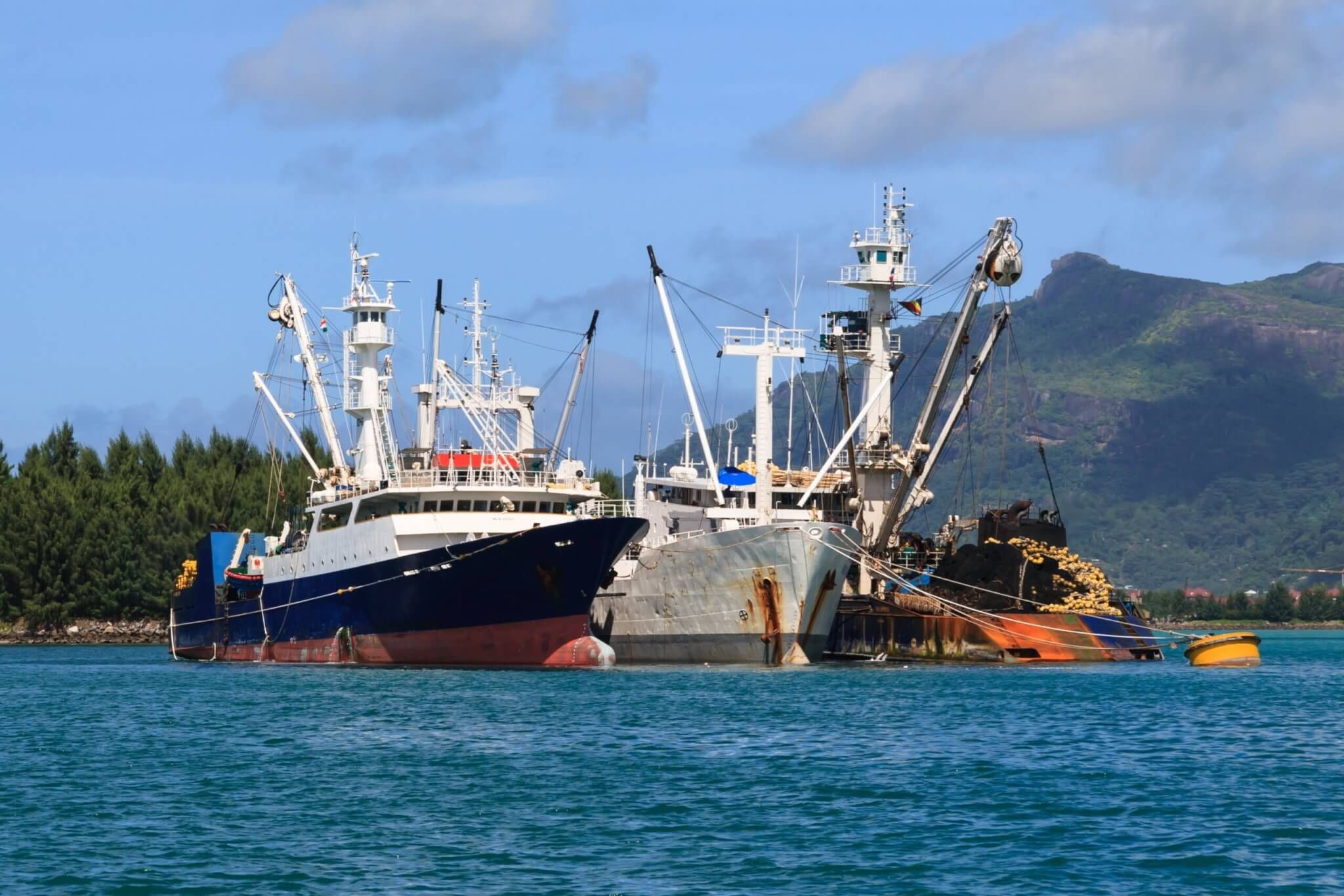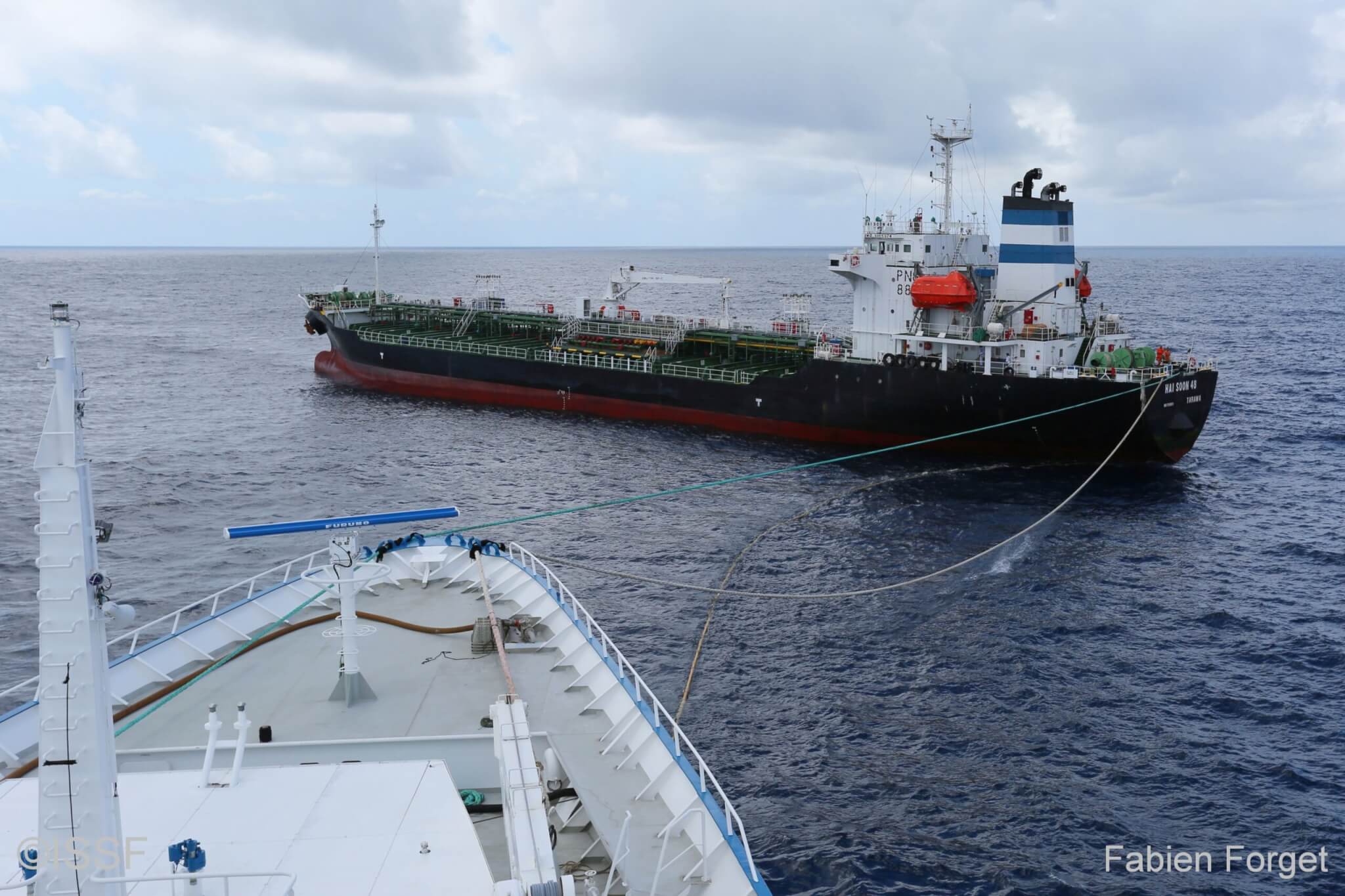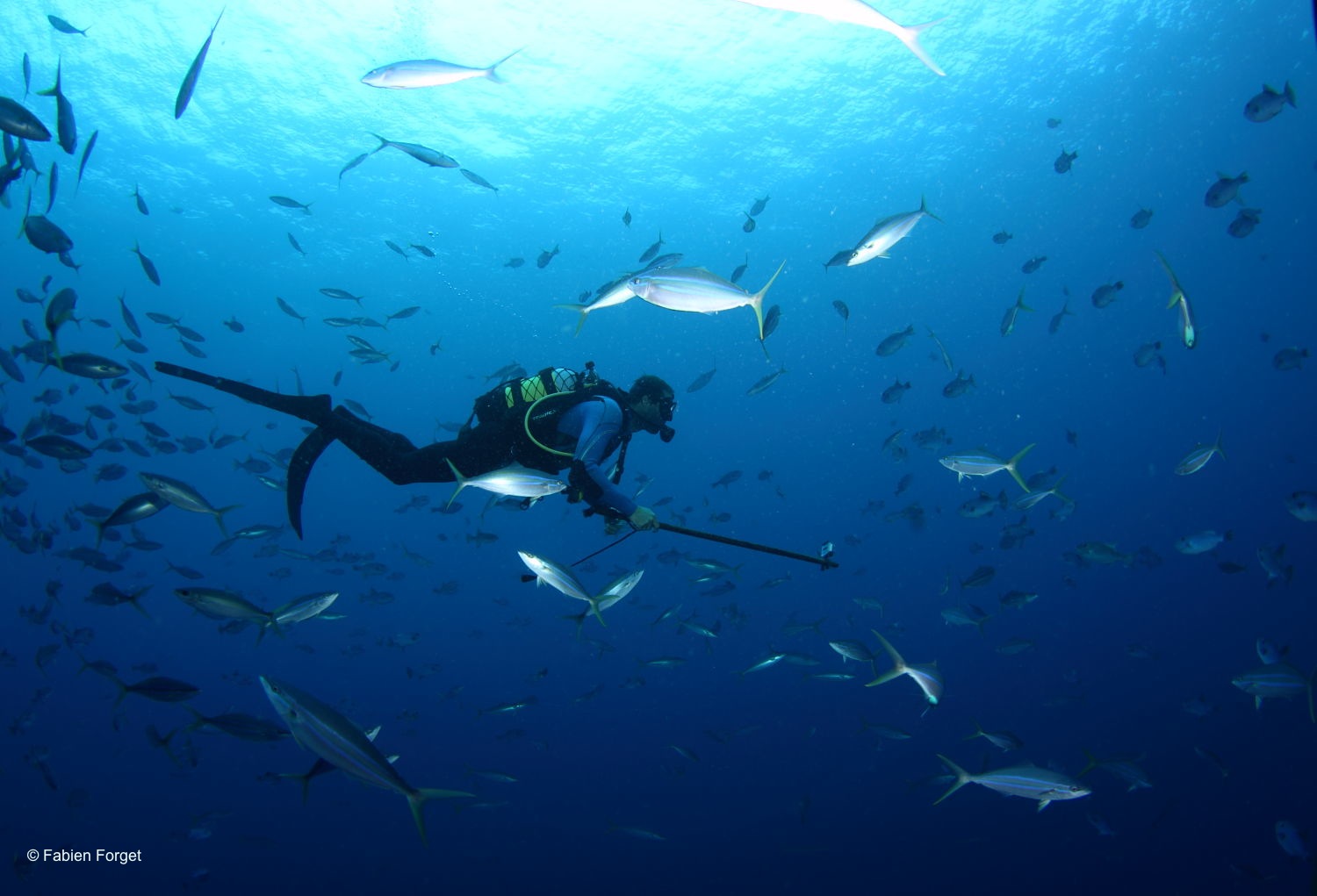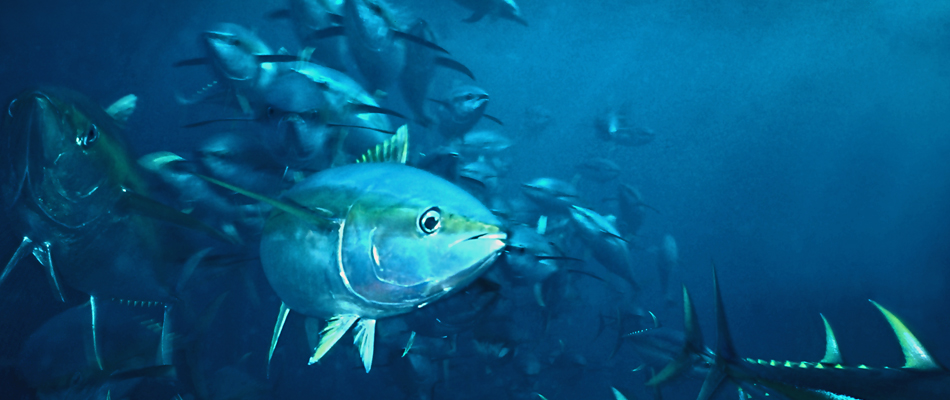
ISSF RFMO Priorities
Each year, we identify priority actions for tropical-tuna Regional Fisheries Management Organizations (RFMOs) to take to improve fishery sustainability in their regions.
To shape RFMO discussion and decision-making, ISSF’s science and advocacy experts have outlined their concerns and advice below. Our position statements — which we disseminate ahead of RFMO annual meetings and special sessions — explore and expand on these priority topics.
ISSF participating seafood companies also reinforce ISSF recommendations through their own direct advocacy to RFMOs. Our Web feature story maps their influence network, including MSC-certified and -assessed fisheries and tuna fishery improvement projects (FIPs), in IATTC, ICCAT, IOTC, and WCPFC.
INTER-AMERICAN TROPICAL TUNA COMMISSION
- Strengthen RFMO compliance processes and ensure robust and transparent assessment of RFMO member accountability
- Accelerate the adoption and implementation of comprehensive, precautionary harvest strategies for all tropical tuna and other targeted fish stocks.
- Adopt effective measures to control South Pacific albacore tuna catches and cooperate with WCPFC on a stock-wide management procedure
FAD MANAGEMENT
-
Strengthen FAD management measures and provisions
ELECTRONIC MONITORING/ELECTRONIC REPORTING & OBSERVER COVERAGE
-
More fully embrace EM use to increase monitoring coverage on large-scale longline vessels from current 5% requirement and begin coverage on small purse seine vessels
MONITORING, CONTROL & SURVEILLANCE MEASURES
-
Strengthen at-sea transshipment regulation and vessel monitoring systems (VMS) and Port State Measures implementation in line with best practices
BYCATCH & SHARKS
-
Strengthen bycatch mitigation measures for all species in line with scientific best practices. Require fins to be naturally attached for all retained sharks without exceptions
INTERNATIONAL COMMISSION FOR THE CONSERVATION OF ATLANTIC TUNAS
- Strengthen RFMO compliance processes and ensure robust and transparent assessment of RFMO member accountability
- Fully implement the new tropical tuna conservation measure to ensure that bigeye and yellowfin catches are maintained at sustainable levels. Fully allocate the total allowable catch (TAC) for yellowfin tuna
FAD MANAGEMENT
-
Strengthen FAD management measures and provisions
ELECTRONIC MONITORING/ELECTRONIC REPORTING & OBSERVER COVERAGE
-
More fully embrace electronic monitoring (EM) use to increase monitoring coverage on large-scale longline vessels from the current 10% requirement
HARVEST STRATEGIES
-
Finalize the full adoption of Western Atlantic skipjack management procedure. Accelerate the development of multi-stock management procedures for bigeye, yellowfin, South Atlantic albacore and Eastern Atlantic skipjack tuna stocks as well as other targeted fish stocks
MONITORING, CONTROL & SURVEILLANCE MEASURES
- Strengthen at-sea transshipment regulation and vessel monitoring systems (VMS) and Port State Measures implementation in line with best practices
BYCATCH & SHARKS
-
Strengthen bycatch mitigation measures for all species in line with scientific best practices. Require fins to be naturally attached for all retained sharks without exceptions
INDIAN OCEAN TUNA COMMISSION
- Strengthen RFMO compliance processes and ensure robust and transparent assessment of RFMO member accountability.
- Adopt precautionary, science-based catch limits for yellowfin tuna to maintain stock rebuilding. Task the IOTC Scientific Committee with confirming the optimistic yellowfin status as determined by the 2024 stock assessment.
- Implement effective measures to ensure that skipjack and bigeye tuna catches do not exceed the catch limits established by the skipjack Harvest Control Rule for skipjack and the bigeye Management Procedure.
FAD MANAGEMENT
-
Further strengthen FAD management measures and provisions, including by fully implementing the related IOTC conservation measure, Res. 23/02
ELECTRONIC MONITORING/ELECTRONIC REPORTING & OBSERVER COVERAGE
-
More fully embrace electronic monitoring (EM) use to increase monitoring coverage from current 5% requirement. Adopt binding measure on observer safety
MANAGEMENT PROCEDURES
-
Accelerate adoption and implementation of comprehensive, precautionary management procedures for all tuna stocks and other targeted fish stocks
MONITORING, CONTROL & SURVEILLANCE MEASURES
-
Strengthen at-sea transshipment regulation and vessel monitoring systems (VMS) and Port State Measures implementation in line with best practices.
BYCATCH & SHARKS
- Strengthen bycatch mitigation measures for all species in line with scientific best practices. Require fins to be naturally attached for all retained sharks without exceptions.
WESTERN & CENTRAL PACIFIC FISHERIES COMMISSION
- Strengthen RFMO compliance processes and ensure robust and transparent assessment of RFMO member accountability
Adopt South Pacific albacore tuna management procedure, adopt yellowfin target reference points, and continue to develop bigeye and yellowfin management procedures
FAD MANAGEMENT
-
Strengthen FAD management measures and provisions, including by establishing biodegradable FAD transition timeline
ELECTRONIC MONITORING/ELECTRONIC REPORTING & OBSERVER COVERAGE
-
More fully embrace EM use to increase monitoring coverage on large-scale longline vessels from current 5% requirement
MONITORING, CONTROL & SURVEILLANCE MEASURES
-
Strengthen at-sea transshipment regulation and Port State Measures implementation in line with best practices.
BYCATCH & SHARKS
-
Strengthen bycatch mitigation measures for all species in line with scientific best practices. Require fins to be naturally attached for all retained sharks without exceptions
Industry Advocacy to RFMOs
Our feature story maps an “influence network” of sustainable-tuna stakeholders — including ISSF participating companies — across four tuna RFMOs.
Tuna Catches by RFMO Region
Use our “Interactive Stock Status and Catch Tool” to visualize stock health trends, current tuna catch, and catch trends over time by ocean region.
Download the data in different file formats, and generate custom graphics to share via email, Twitter, or Facebook.
Position Statements
ISSF position statements detail our sustainability recommendations to help tuna RFMOs make informed policy decisions.


